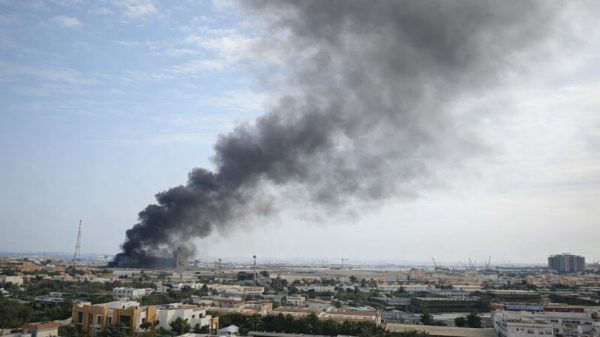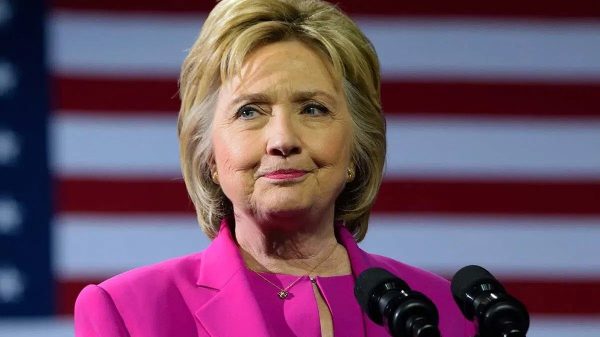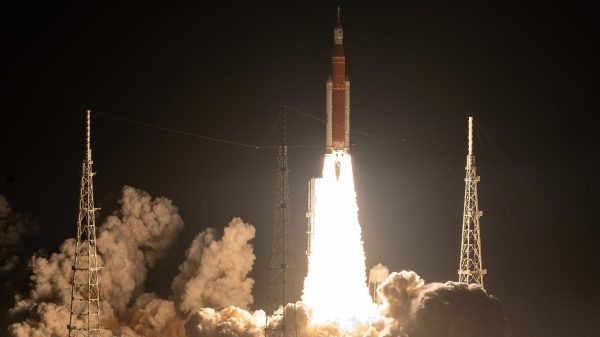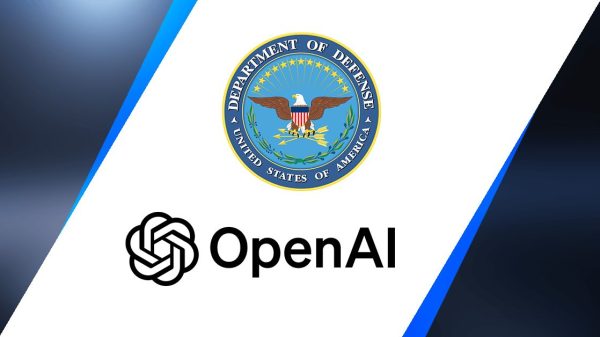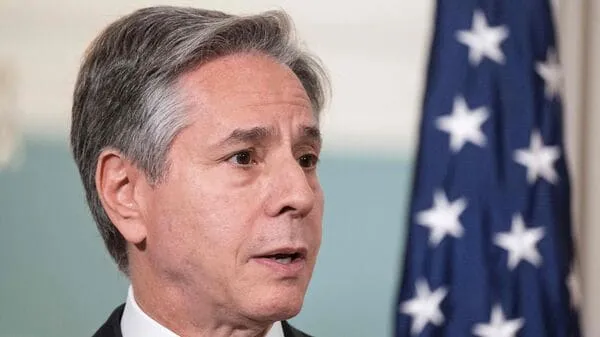US Secretary of State Antony Blinken met with China’s top diplomat, Wang Yi, in Munich, Germany, for the first high-level talks since the US shot down a suspected Chinese spy balloon two weeks ago. The meeting was a culmination of intense diplomatic efforts aimed at de-escalating tensions between the two nations. Blinken made it clear that the balloon incursion was unacceptable and that China’s surveillance balloon program, which has intruded into the airspace of over 40 countries, has been exposed to the world.
The US State Department had earlier canceled Blinken’s visit to Beijing due to the balloon incident, which has become a major issue of contention between the two countries. The meeting in Munich was seen as a last-ditch effort to prevent further deterioration of relations. Blinken reiterated the US’s stance that it does not seek conflict with China, but will compete and stand up for its values and interests. He also warned China against providing assistance to Russia in its war against Ukraine, amid concerns that Beijing might be providing military supplies to Moscow.
China, however, remains adamant that the shot-down balloon was merely an errant civilian airship, mainly used for meteorological research, which went off course due to winds. Wang Yi, the Chinese Communist Party’s most senior foreign policy official, accused the US of violating international legal norms by destroying the object, and repeated Beijing’s insistence that the incident was not a sign of China’s weakness.
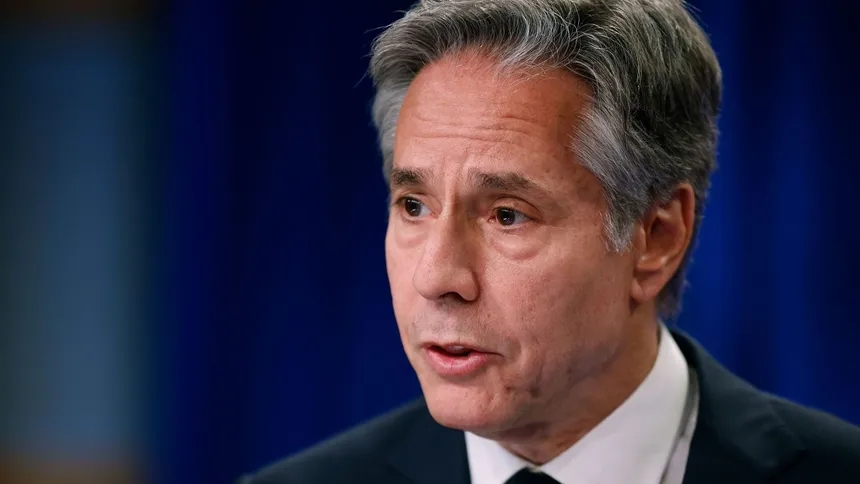
US Secretary of State Antony Blinken (Via Antony Blinken/Twitter)
Wang’s critics had accused him of being overly cautious and unwilling to engage openly with Western diplomats. However, his speech at the Munich conference was seen as a move to reassert Beijing’s commitment to maintaining a positive and pragmatic approach to its relations with the US and other Western countries. Wang emphasized the importance of working together with the US to address common global challenges, such as climate change and economic development.
The meeting came at a time when tensions between the US and China are running high, with China’s increasing assertiveness in the Asia-Pacific region and its growing economic and military power adding to concerns about the balance of power in the region. The incident has also highlighted the need for greater transparency and cooperation between the two nations, particularly in areas such as cybersecurity and aviation safety.
As Blinken and Wang talked through their differences, they acknowledged the importance of maintaining open lines of communication and avoiding conflict. The meeting was a crucial step towards de-escalating tensions and demonstrating a willingness to engage in constructive dialogue. While the outcome of the talks remains uncertain, the very fact that Blinken and Wang met at all is a significant development, as it signals a desire to find common ground and avoid further confrontation.


